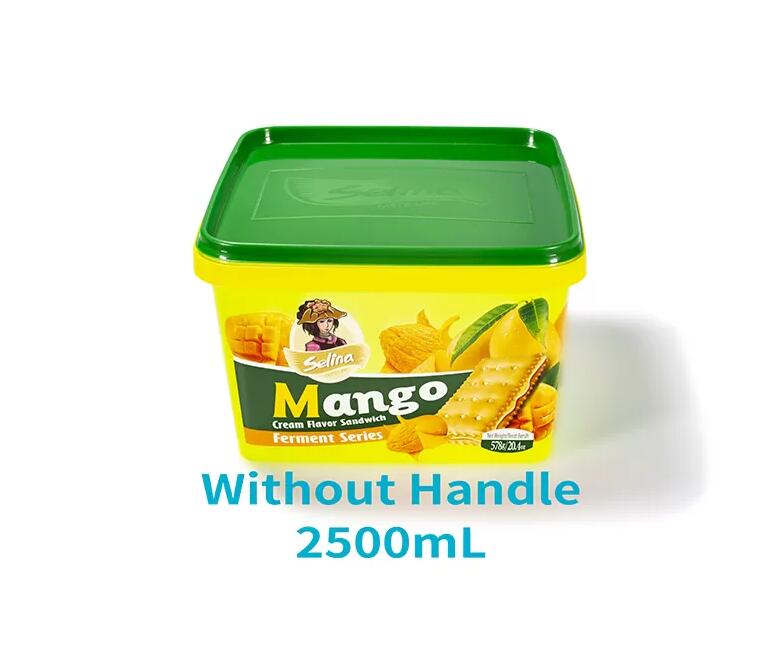How do you know if a plastic bucket is food grade?
Determining if a plastic bucket is food-grade involves checking for certain indicators and markings. Food-grade plastic containers are designed to be safe for storing and transporting food items, as they meet specific regulatory and safety standards. Here's how you can identify if a plastic bucket is food grade:
Check for the Resin Identification Code (RIC): Look for the recycling symbol on the bottom of the bucket. Food-grade plastics are typically marked with a "1" inside the recycling symbol, indicating it is made from PET (Polyethylene Terephthalate) or a similar food-safe plastic. Other safe plastics for food storage include "2" (HDPE - High-Density Polyethylene) and "4" (LDPE - Low-Density Polyethylene).
Look for the Food-Grade Label: Some manufacturers explicitly label their plastic buckets as "food-grade" or "FDA-approved." This labeling provides assurance that the bucket is suitable for food storage.
Inspect for a Statement of Compliance: Some food-grade plastic containers may include a statement on the packaging or the container itself, indicating that the product complies with FDA (U.S. Food and Drug Administration) or other relevant food safety regulations. This is a strong indicator of food-grade quality.

Assess the Odor and Appearance: Inspect the bucket for any unusual or strong odors. Food-grade plastics should not emit strong or chemical smells. Additionally, check the appearance of the plastic; it should be clean, free from discoloration, and not have any visible defects, such as cracks, scratches, or irregularities.
Contact the Manufacturer: If you are unsure about the food-grade status of a plastic bucket, you can contact the manufacturer or supplier directly to request information and documentation regarding the product's suitability for food storage.
Review the Material Specifications: If you have access to product documentation or specifications, review them to confirm that the plastic used in the custom bucket is designated as food-safe, such as PET, HDPE, or LDPE.
Purchase from Reputable Suppliers: When buying plastic buckets for food storage, opt for reputable suppliers or manufacturers that are known for producing food-grade containers. This reduces the risk of inadvertently using non-food-grade plastic.
Consider Third-Party Certifications: Some food-grade containers may bear certifications from independent organizations, such as NSF International or the Safe Quality Food Institute. These certifications indicate that the container has met specific food safety standards.
It's important to note that not all plastic buckets are suitable for food storage, and using non-food-grade containers for this purpose can pose health risks. To ensure the safety of the food you store, always choose containers specifically designated as food-grade, and follow proper food handling and storage guidelines. Additionally, if you plan to use plastic buckets for long-term food storage, ensure they are clean and well-maintained to prevent contamination or degradation of the stored food items.

